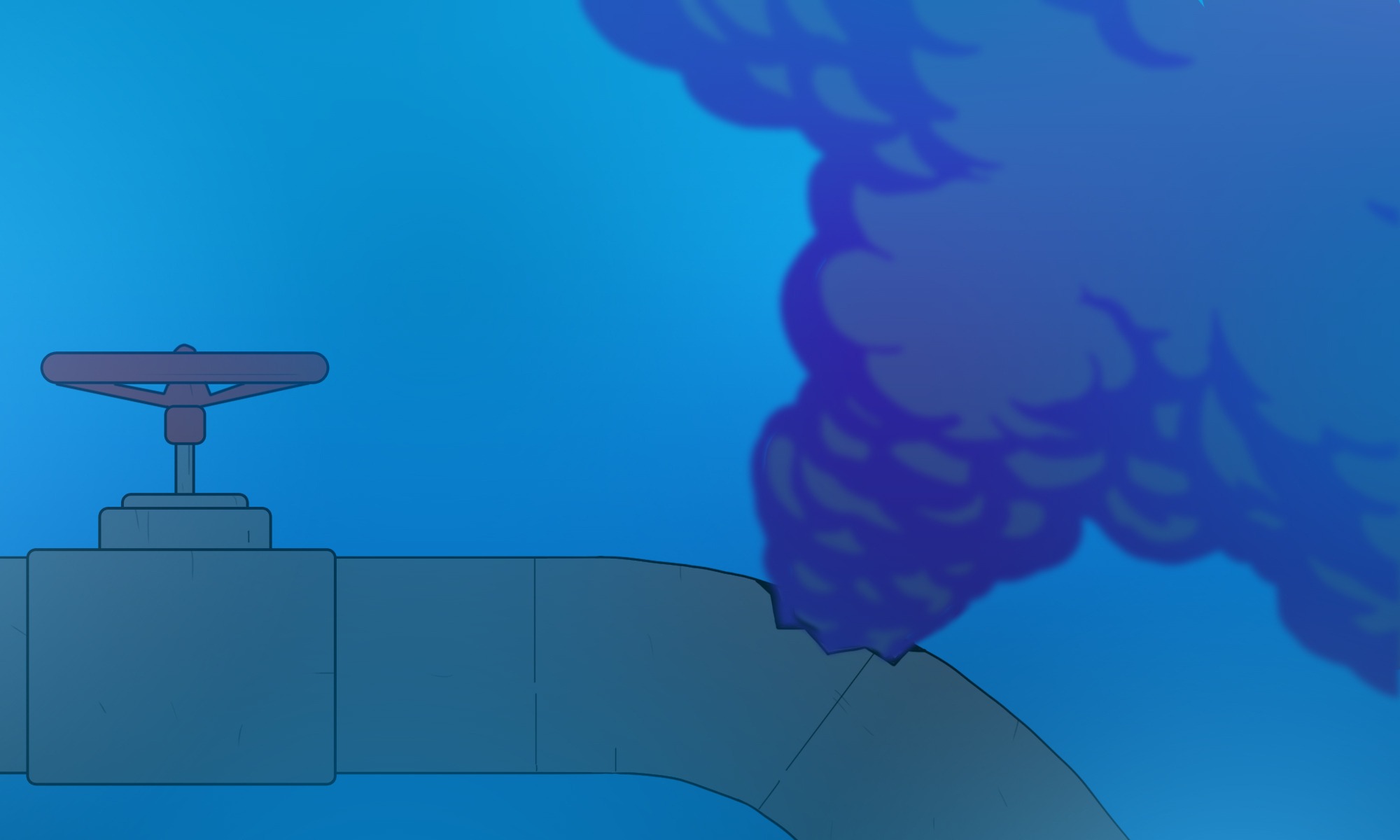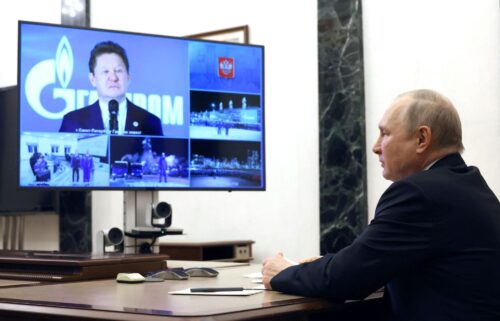Beijing echoes Russian narrative that Washington is responsible for Nord Stream pipeline explosions
Moscow says Washington is to blame for the apparent sabotage of a Russian gas pipeline to Europe, and Chinese state media agree. But there are several reasons why Putin may have sent underwater saboteurs to the Baltic Sea.

On September 27, two Russia-to-Germany natural gas pipelines, Nord Stream 1 and Nord Stream 2, suffered leaks apparently caused by near-simultaneous underwater explosions.
European officials said that sabotage was the most likely cause, although many NATO officials cautioned that it was too soon to conclude if Moscow was behind the explosions. Russian information campaigns claim that Washington was behind the incidents; Chinese state media has largely repeated Moscow’s framing of the events in both Chinese- and English-language media. An article in the Chinese Communist Party newspaper the People’s Daily blamed the United States and “anti-Russia forces.” The Chinese Foreign Ministry has not issued a comment on the explosions as of this writing and has not been asked about the incidents at its press conferences.
Still, it’s extremely likely that the explosions were caused by a state actor. The apparent sabotage of pipeline-grade steel would have required an extraordinary amount of explosives, extremely accurate GPS data about the pipelines’ locations, diving expertise (and/or underwater unmanned vehicles or even submarines), technical knowledge to set charges, and more.
It’s highly plausible that Moscow was behind the explosions. The incidents occurred just ahead of the opening of a Norway-to-Poland natural gas pipeline, and could have been a signal that other European energy infrastructure could be targeted. The explosions did not eliminate Russia’s ability to supply Europe via the Nord Stream pipeline system, as one of the Nord Stream 2 pipelines was undamaged. The attack would also have cost Moscow very little, as the damaged pipelines were not operating.
The pipeline explosion incidents have parallels to the Turkmenistan “vacuum bomb” pipe blast in April 2009. After Gazprom ordered the shutoff of a Turkmen pipeline with only 24 hours’ notice, instead of the 72 hours required to safely shut down the pipeline, Turkmenistan’s Central Asia-Tsentr-4 pipeline exploded. The explosion caused Turkmenistan to lose $800 million to $1 billion in export revenue per month, while Gazprom reportedly netted monthly profits of $330 to $450 million from the outage, due to market conditions. China was also a major beneficiary of the 2009 dispute, however, as the pipeline incident likely compelled Turkmenistan to accelerate construction of the Central Asia-to-China pipeline (CACP), which came online in December 2009.
Beijing mealy-mouthed on “referendums”
Putin is on the verge of forcibly annexing four Ukrainian territories after the Kremlin held sham “referendums” on the militarily occupied territories. PRC Spokesperson Wāng Wénbīn 汪文斌 gave a non-answer last week when asked by Russian state media if China had any comment on annexation referendums that Moscow is conducting in the occupied territories of Donetsk, Luhansk, Kherson, and Zaporizhzhia.
According to Wang, “We believe that all countries deserve respect for their sovereignty and territorial integrity, that the purposes and principles of the UN Charter should be observed, that the legitimate security concerns of any country should be taken seriously, and that support should be given to all efforts that are conducive to peacefully resolving the crisis.” The PRC foreign ministry continues to repeat this formulation at other press conferences. China has not formally recognized Crimea as a Russian territory and is extremely unlikely to recognize the other four territories’ incorporation into Russia, either.






